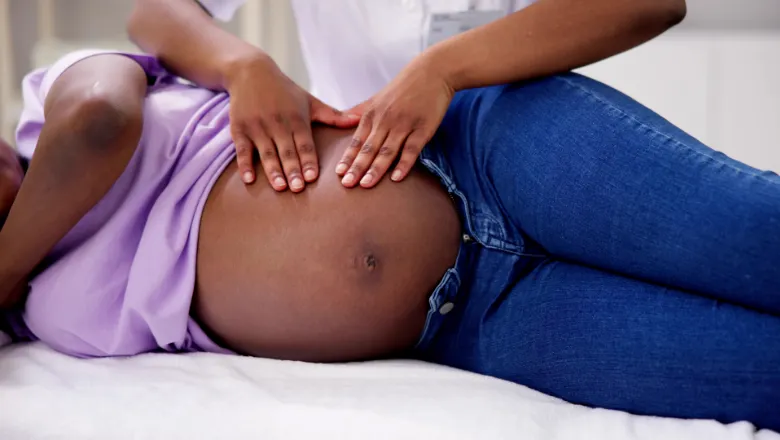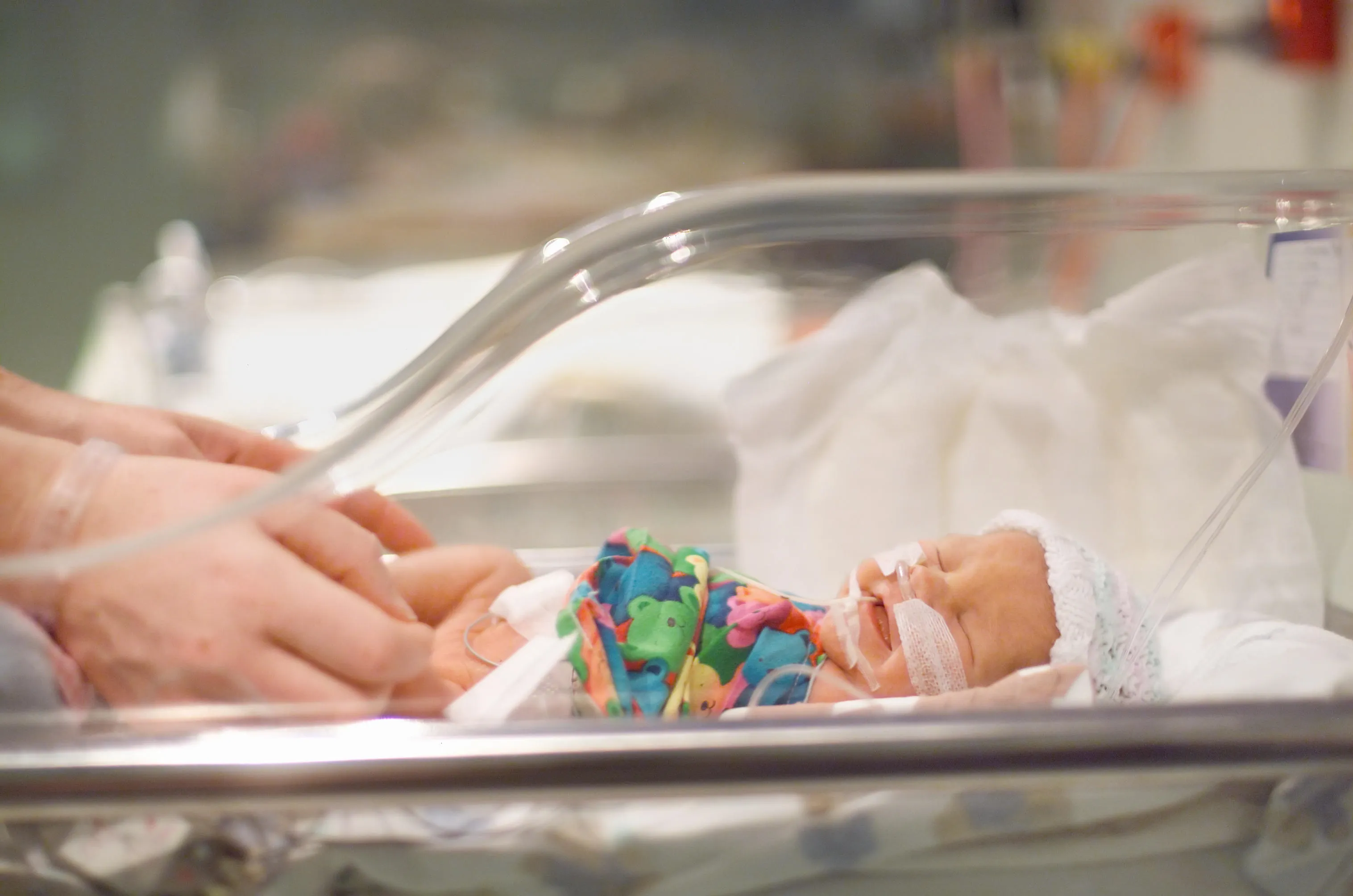18 March 2024
COMMENT: Freebirth, risk and the spectre of obstetric violence
By Gemma McKenzie, ESRC Post-Doctoral Fellow
In the UK, all antenatal care is voluntary. There is no legal obligation on any pregnant woman with full mental capacity to turn up at antenatal appointments or even to have a midwife or doctor attend her baby’s birth.

Legally therefore, the NHS offers maternity care – blood tests, scans, inductions of labour – and women can accept or decline those offers as they see fit.
The lived experience, however, can be very different.
Society expects “good” mothers to pursue maternity care, agree to medical interventions proposed by healthcare professionals and to sacrifice whatever is necessary to avoid any risk to their unborn children. When women do not conform to this standard of behaviour, they may be vilified and considered reckless or deviant.
When women freebirth therefore - and by that, I mean intentionally give birth without doctors or midwives present – although they are acting legally, what they are doing is socially taboo. It is for this reason that it is not possible to know for certain how many women in the UK freebirth per year. Given the stigma, some women will tell no one but their husband or partner. Others will disguise their freebirths as birth before arrivals, and claim the baby was born quickly before the midwife arrived. This cultural taboo forces many freebirthing women to act secretly and to limit their sharing of experiences to closed social media groups.
Such secrecy lends itself well to wider society misunderstanding freebirth completely. Often when the topic of freebirth arises, the emphasis is on the risks associated with the act. But when researchers explore women’s freebirthing experiences, a constant theme is women’s concerns with maternity services and most notably with obstetric violence.
Obstetric violence is a sticky term that many authors deem inappropriate. It implies abusive health professionals acting violently towards those in their care. But the term incorporates much more than this. Yes, it includes poor interactions between healthcare professionals and pregnant women, but it is also emblematic of institutional and structural violence within maternity services.
Examples of this include expectations that women give birth on their backs, an emphasis on speeding up the birth process, and the withholding of some forms of pain relief – such as the the use of water or birth pools which can make labour more comfortable. For some women, compounding factors include racism and other forms of overt discrimination.

In my own research, women freebirthed for a range of reasons. This included having extremely fast labours in earlier pregnancies, which made a planned freebirth a necessity. Other women had previously experienced excellent NHS care, felt confident in their birthing abilities and after considerable thought, decided to birth at home without a midwife.
Yet these women were the minority. In contrast, women frequently freebirthed as a form of protection. Women reported previous vaginal examinations, episiotomies (cutting of the perineum) and breaking of the waters – all carried out by doctors and midwives without consent. Others were told that to arrange a home birth, they had to agree beforehand to vaginal examinations and monitoring. When women did not submit, some were threatened with social services. One woman was questioned by police officers investigating a possible offence.
This type of behaviour harms women and damages relations between them and their potential caregiver. It runs roughshod over their human rights and it is frightening to experience. The reality is that women in the UK (and globally) continue to be subjected to this type of abuse. It is a manifestation of wider misogyny in which society presumes access to women’s bodies, minimises their pain and normalises coercion and degradation in the birth room.
Coupled with this is an NHS maternity system on its knees. Midwives are leaving the profession in droves. Rates of caesarean sections and inductions have risen dramatically in the past 20 years, while midwifery-led birth units are closing. The number of women using doulas (birth supporters) is increasing as mothers-to-be seek an advocate whom they know and trust. Recently, in England, the Care Quality Commission categorised 67% of maternity units as either “requires improvement” or “inadequate” and maternity scandals continue to make headlines.
With regards to the consequences of women’s birthing experiences, it has been argued that 4% of women will experience post-traumatic stress disorder (PTSD) after birth. One UK study in 2020 estimated that 29% of their research participants experienced their birth as traumatic and 15% had met the full diagnostic criteria for PTSD.
Against this backdrop, the idea of risk becomes complex. When making their decision, freebirthing women are therefore weighing up all kinds of risks – risks that may go far beyond those perceived by healthcare professionals.
If people find the idea of freebirth worrying, they should focus less on the risks associated with the act, and more on the risks women are trying to avoid. Society needs to question what is so wrong with the NHS maternity system that some pregnant women are actively refusing to engage with it – even when the service on offer is free.
Punishment for women who freebirth – whether that is a threatened social services referral, the withholding of home midwifery attendance if during labour women change their mind, or general social condemnation – is not the answer. Instead, the UK government needs to listen to women’s concerns, invest in maternity services, and ensure that health care professionals can support women in ways that are both safe and respectful of women’s rights.
This article is republished from The Conversation under a Creative Commons license. Read the original article


